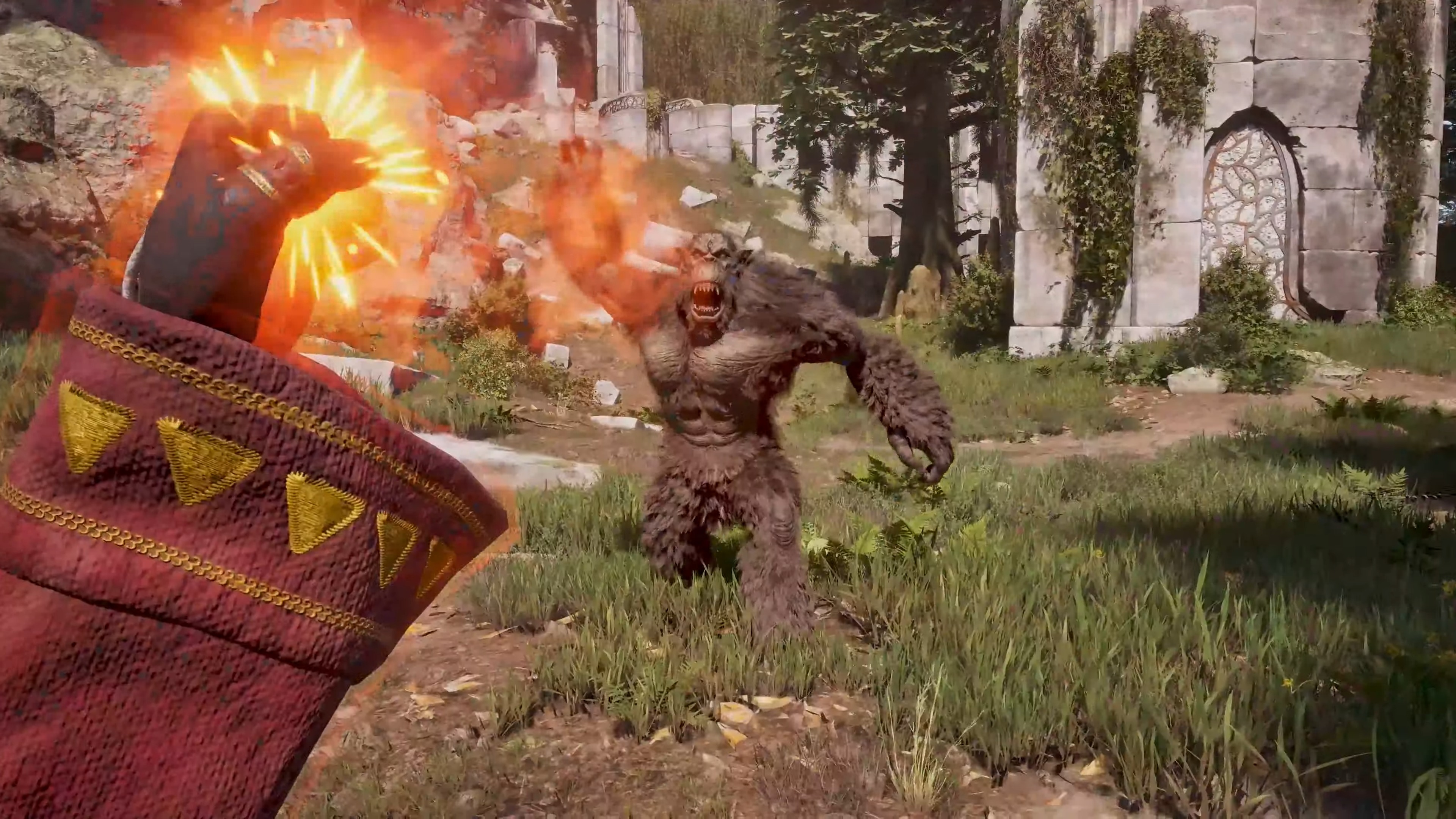
Denuvo's quest to improve its reputation with PC gamers is personal.
Not everyone thinks Denuvo DRM is a crime against PC gaming, but you’d probably struggle to find a PC gamer who says they like the anti-piracy software. And why should they? If it works properly, the only people who should notice the existence of Denuvo DRM are the software pirates trying to crack it. Everyone else is free to hate it—for perceived or real performance effects, or just because they don’t like DRM—or have no feelings about it at all.
That’s been the status quo for a long time, but Denuvo is finally pushing back on gamers who characterize it as the Lex Luthor of PC gaming, and says that not only should we not hate it, we should appreciate Denuvo DRM for the good it does for game developers.
“It even breaks my heart a bit to see how our solutions, especially the anti-piracy solution, are [regarded] by the community,” Denuvo product manager Andreas Ullmann told me earlier this year at the Game Developer’s Conference in San Francisco. “Because I think it’s not fully understood the benefits that our solution can bring, because preventing piracy, you earn more through your game, which is then reinvested into making greater games. I don’t have any proof for it, but probably, if our solution did not exist, maybe there are some great games that never get developed.”
I had been talking to Ullmann about a new security measure Denuvo is offering for pre-release game builds—interesting, but not very relevant to the typical PC gamer—and sorted the comment away in my mental file of interesting threads to follow up on. Alas, I moved too slowly: That comment foreshadowed a new effort by Denuvo to bring PC gamers over to its side, which kicked off with a Discord server last week (it didn’t go well) and an interview with Rock Paper Shotgun this week, in which Ullmann expanded on his personal quest to improve Denuvo’s rep.
In the RPS interview, Ullmann describes the Steam forums as a “very toxic, very hostile environment” and says that Denuvo no longer wants to let the crowd make claims about its software unchecked. The company has been adamant that its DRM does not hurt game performance, except in rare cases such as Tekken 7, where the problem was due to an error. (Our results have lost relevance because of their age, but when Durante tested Final Fantasy 15 performance for us with and without Denuvo DRM in 2018, we found no difference.)
On why Denuvo has such a negative reputation if it doesn’t hurt performance, Ullmann told RPS that it’s in part because it “simply works” and would-be pirates are trying to make it unattractive to game publishers by disparaging it.
“Pirates cannot play games which are using our solution over quite long time periods, usually until the publisher decides to patch out our solution,” he said. “So there is a huge community, a lot of people on this planet who are not able to play their favorite videogames, because they are not willing to pay for them, and therefore they have a lot of time to spend in communities and share their view and try to blame Denuvo for a lot of things—trying to make the gaming publishers to not use our solutions so they can start playing pirate copies of games for free again.”
The other reason, Ullmann thinks, is that there just isn’t a clear reason for gamers to like Denuvo: All they know is that it’s a tool big publishers use to combat piracy so they can make more money. But he argues that with today’s giant budgets, a 20% loss of launch revenue—which is what a recent study claims Denuvo DRM protects—is a significant setback.
In the RPS interview, Ullmann also discusses why Denuvo hasn’t debunked performance claims with its own testing—the short answer is that it would need permission from its clients, no one would believe it anyway, and that there has been some independent testing already (he pointed to our own Final Fantasy 15 test as one example).
As for why he wants to change the perception of Denuvo now, Ullmann reiterated what he told me back in March: Aside from the obvious goal of attracting more business, it’s personal.
“I’m with the company for such a long time,” said Ullmann. “The guys here are like my family, because a lot of the others here are also here for ages. It just hurts to see what’s posted out there about us, even though it has been claimed wrong for hundreds of times.”
Today, publishers who use Denuvo often employ it during the critical launch period, and then remove it later with a patch. The upcoming Dragon Age: The Veilguard will somewhat surprisingly not use Denuvo at all, although EA says that it won’t offer preloading as a result.





